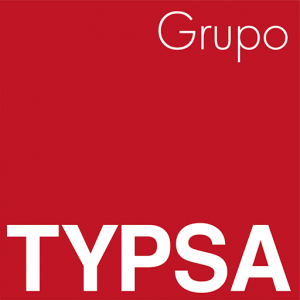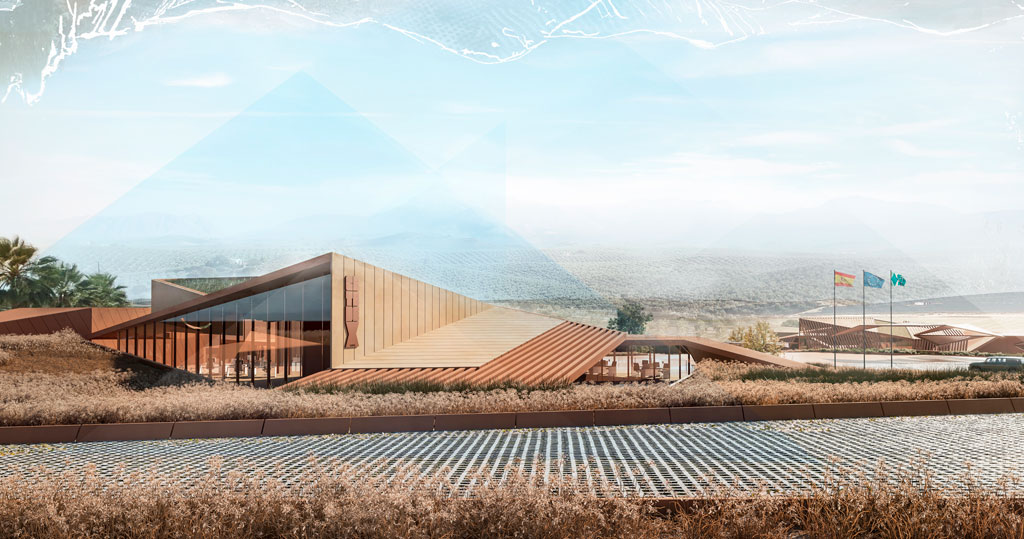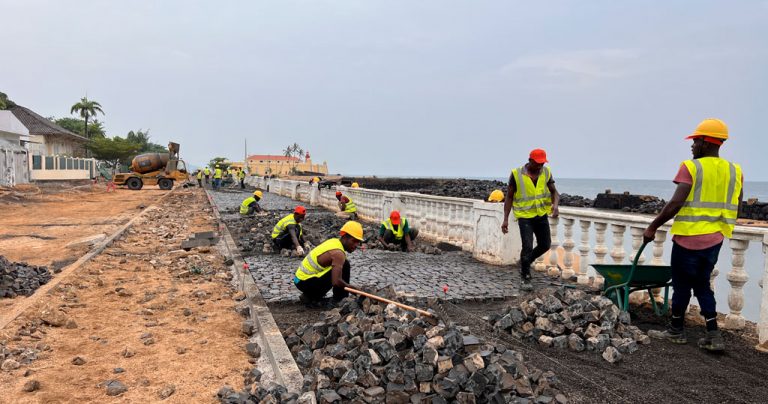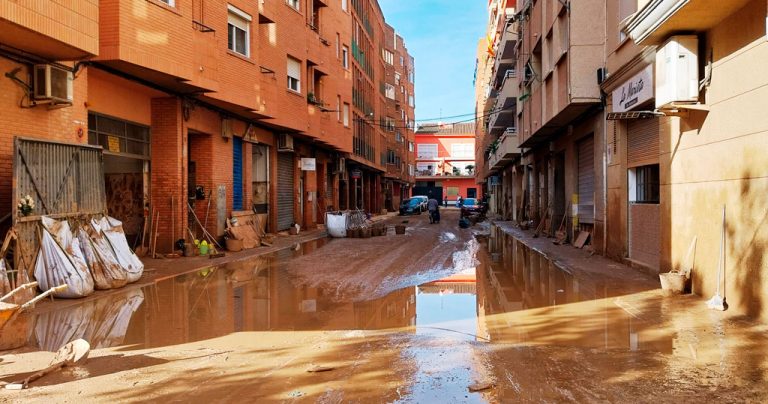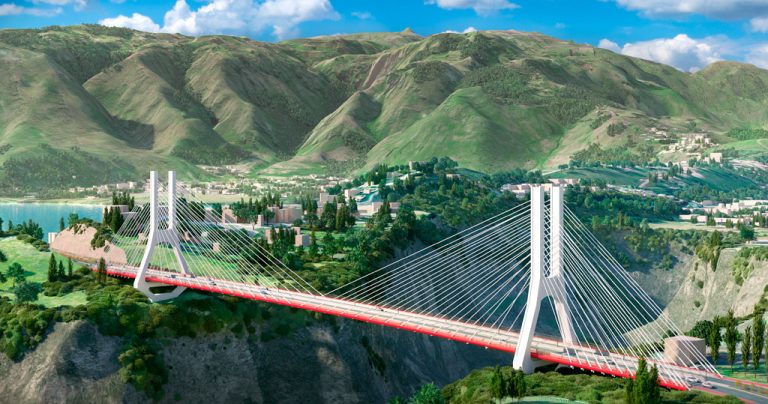TYPSA has won the tender conducted by the General Directorate of Terrestrial Systems (SG SISTTER) of the National Institute of Aerospace Technology (INTA) to design the Technological Centre for Development and Experimentation (CETEDEX).
The future campus and technology centre will have 5 buildings focused on the experimentation and development of three specific areas: autonomous and connected vehicles, anti-drone systems, and artificial intelligence, all dual technologies of interest in strategic security and defence sectors.
TYPSA, in collaboration with Morph, has conceived a landscape-integrated campus, with unique architecture, materially and functionally sustainable, and clearly representative of the excellence in research and avant-garde technology proposed by INTA.
The scope includes the development of architecture, structures, landscape integration and sustainability. The technology programme is ambitious and includes specialised laboratories in anti-drone and autonomous vehicle technology together with an artificial intelligence centre housed in one single building, equipped with security measures including two Data Processing Centres (CPDs) for classified and unclassified environments. In turn, the campus has a Living and Work Zone for the use of researchers.
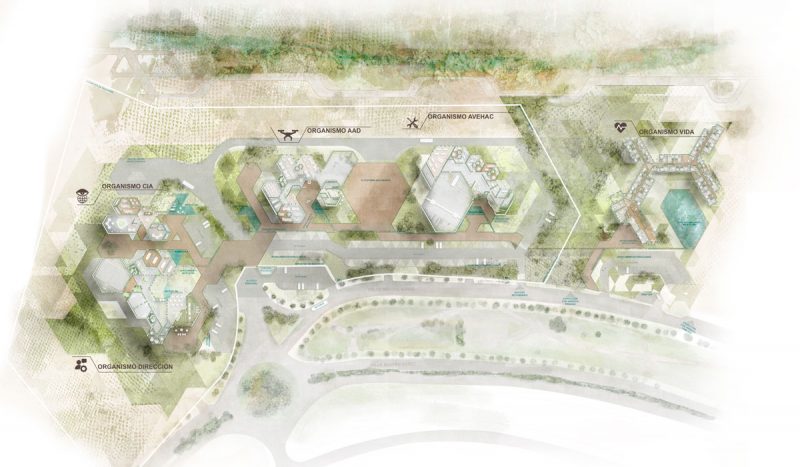
TYPSA and Morph propose a campus that aspires to become a national and international reference in the field of research in defence technologies, reinforced by an architectural and landscape proposal that will contribute to reinforce the values of INTA and the Ministry of Defence, contributing to the progress of the industry, and facilitating the transfer of knowledge and technology between the Ministry of Defence, universities, technological, research centres, and companies, in a collaborative environment.
CETEDEX not only represents a breakthrough in terms of singular architecture, and energy efficiency of infrastructure and construction, but also a firm commitment to sustainability and social responsibility. The choice of materials, nature-based solutions, and the flexibility of spaces and uses, are essential cornerstones to improve and preserve the unique environment of the design and will make CETEDEX the first campus to apply LEVEL(s) criteria.

